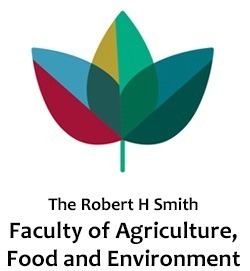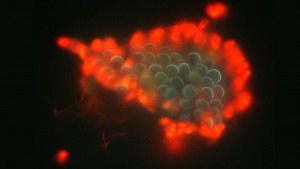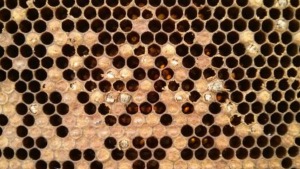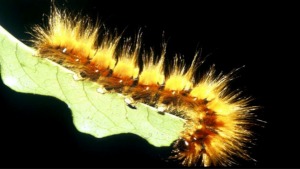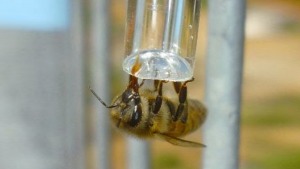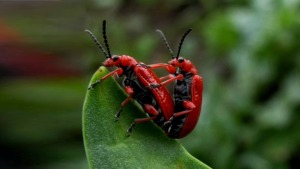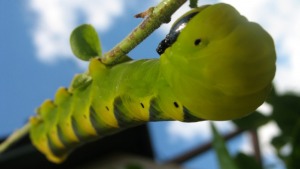The lives of humans and insects are closely entwined, and have been so since our early origins. Some insects adversely affect human health, others are a burden on our agricultural production, and yet others are beneficial, pollinating crops and attacking pests.
Our department is in a unique position to study the many facets of this broad interface, at various levels of biological organization –the molecular, physiological, organismic, population and ultimately community levels. In addition to the breadth of this focus, we are able to bring diverse analytical and experimental tools to bear. These vary from cutting edge molecular, genetic and bio-informatic techniques, to rigorous ecological field based projects.
This flexibility allows us to address basic questions in insect science, as well as to focus on solutions to pressing questions arising from imbalance in the insect-human interface. These relate to public health, crop production and conservation biology. Thus we serve both the truth (science) and society.
Teaching is a main part of our mission and we are responsible for basic courses in Ecology, Molecular Biology and Entomology. In addition, we teach advanced courses in our specialized research fields. Many of our courses receive the highest accolades.
As human populations grow and our environment faces many changes, the interface between humans and insects is constantly evolving. We are uniquely poised to address novel challenges as they arise. We expect, through our teaching and original, innovative research, to continue to provide solutions that will contribute to human welfare, while promoting and preserving a healthy and biologically diverse environment

